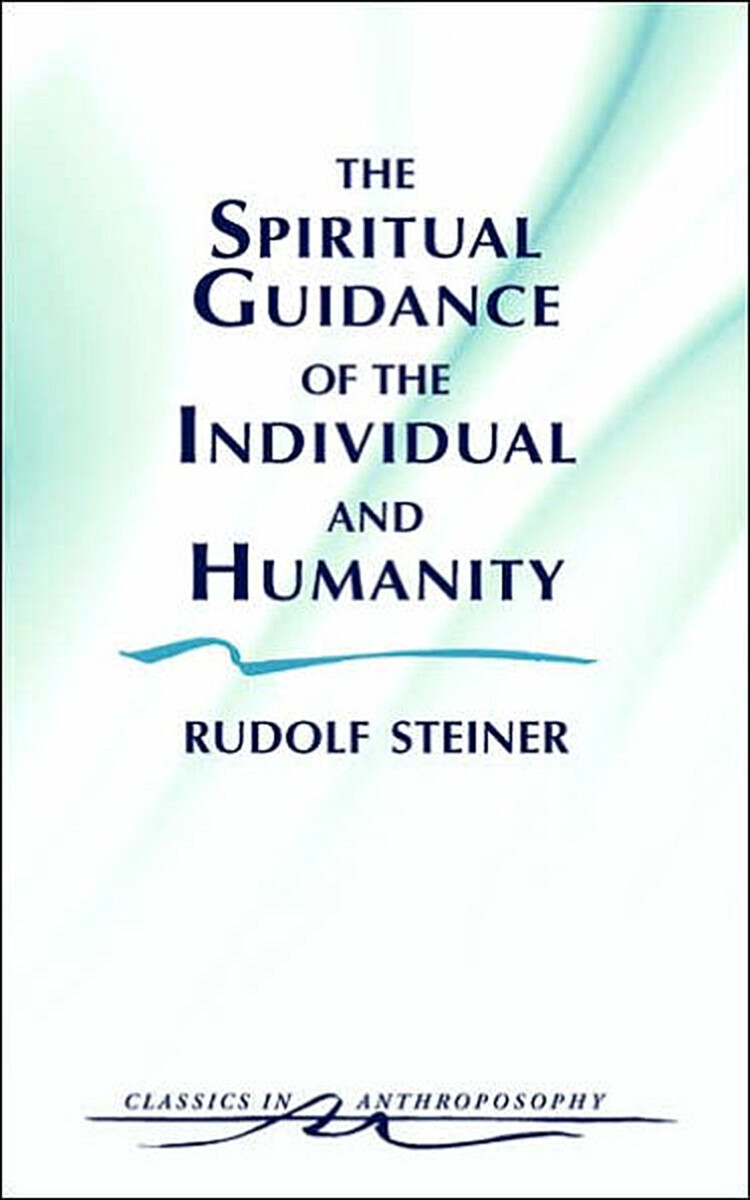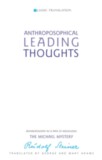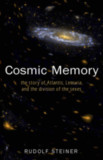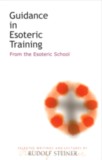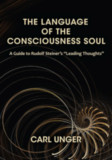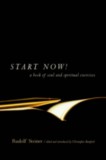The Spiritual Guidance of the Individual and Humanity
Some Results of Spiritual-Scientific Research into Human History and Development (CW 15)
- Publisher
SteinerBooks - Published
1st April 1992 - ISBN 9780880103640
- Language English
- Pages 124 pp.
3 lectures, edited and rewritten by Rudolf Steiner in 1911 (CW 15)
“If periodically we look back on what we have experience or done in life, we make a strange discovery, one that becomes more meaningful for us the older we become. Whenever we think about what we did or said at some time in the past, it turns out that we did a great many things we actually understood only at a later date. When we think of things we did seven or eight years ago—or perhaps twenty years ago—we realize that only now, after a long time, is our mind sufficiently developed to understand what we did or said then.” —Rudolf Steiner
Steiner begins this work by pointing to our awareness of a second self that guides us through life. It guides us as infants and children as we attain vertical balance in space, learn to communicate in community, and begin to think in the world. Through this initial wisdom (which is still connected to the spiritual hierarchies) we enter the physical realm and then, as we grow, we exchange it for self-awareness and memory.
What—or who—is this wisdom? Steiner suggests that it is connected with the “higher self” of humankind that lived in Jesus between his baptism and the Crucifixion. Even if there were no Gospels to tell us of the Christ, we can know of it through human nature. Looking within ourselves and at human history, we are able to understand the spiritual guidance of humanity and human beings. Christ’s sacrifice for humanity is only part of the cosmic, spiritual participation of beings of every level and kind in human evolution.
Steiner’s written works differ from his lectures in their directness, depth, and ramifications, and it was rare for him to take time from his busy schedule to rewrite any of his numerous lectures for publication. However, Steiner considered these lectures essential and important for our understanding of the foundations of spiritual science.
This volume is a translation of «Die geistige Führung des Menschen und der Menschheit» (GA 15).
Rudolf Steiner
Rudolf Steiner (b. Rudolf Joseph Lorenz Steiner, 1861–1925) was born in the small village of Kraljevec, Austro-Hungarian Empire (now in Croatia), where he grew up. As a young man, he lived in Weimar and Berlin, where he became a well-published scientific, literary, and philosophical scholar, known especially for his work with Goethe’s scientific writings. Steiner termed his spiritual philosophy anthroposophy, meaning “wisdom of the human being.” As an exceptionally developed seer, he based his work on direct knowledge and perception of spiritual dimensions. He initiated a modern, universal “spiritual science” that is accessible to anyone willing to exercise clear and unbiased thinking. From his spiritual investigations, Steiner provided suggestions for the renewal of numerous activities, including education (general and for special needs), agriculture, medicine, economics, architecture, science, philosophy, Christianity, and the arts. There are currently thousands of schools, clinics, farms, and initiatives in other fields that involve practical work based on the principles Steiner developed. His many published works feature his research into the spiritual nature of human beings, the evolution of the world and humanity, and methods for personal development. He wrote some thirty books and delivered more than six thousand lectures throughout much of Europe. In 1924, Steiner founded the General Anthroposophical Society, which today has branches around the world.


